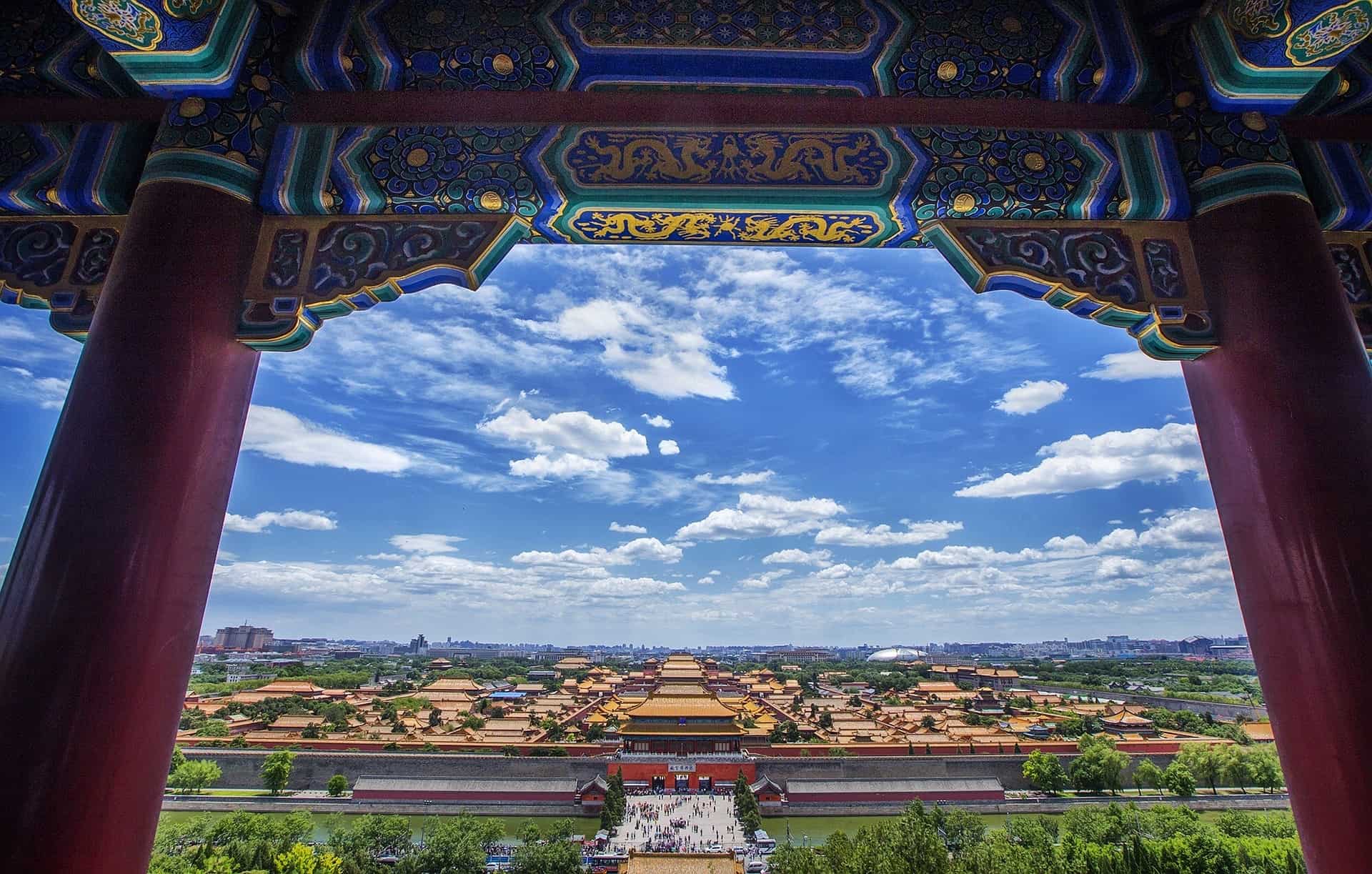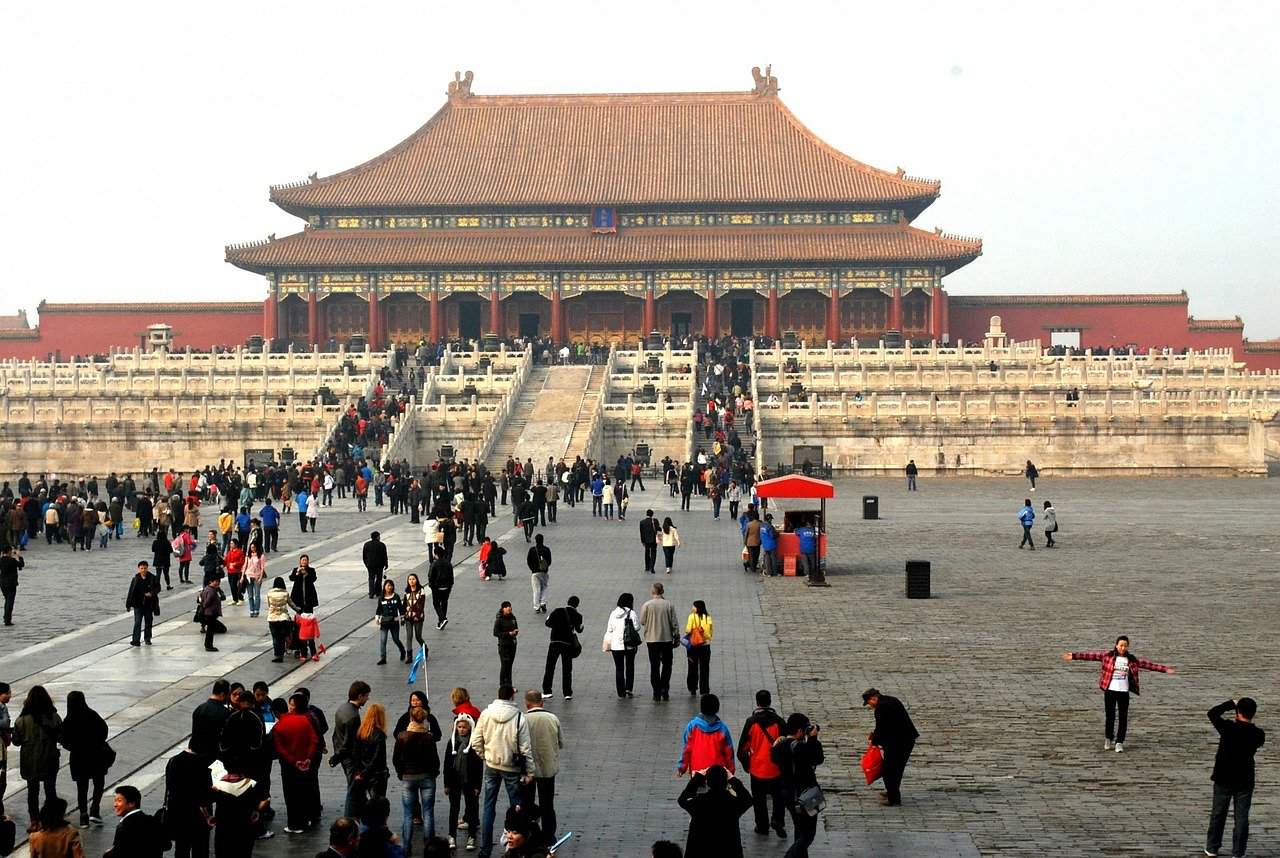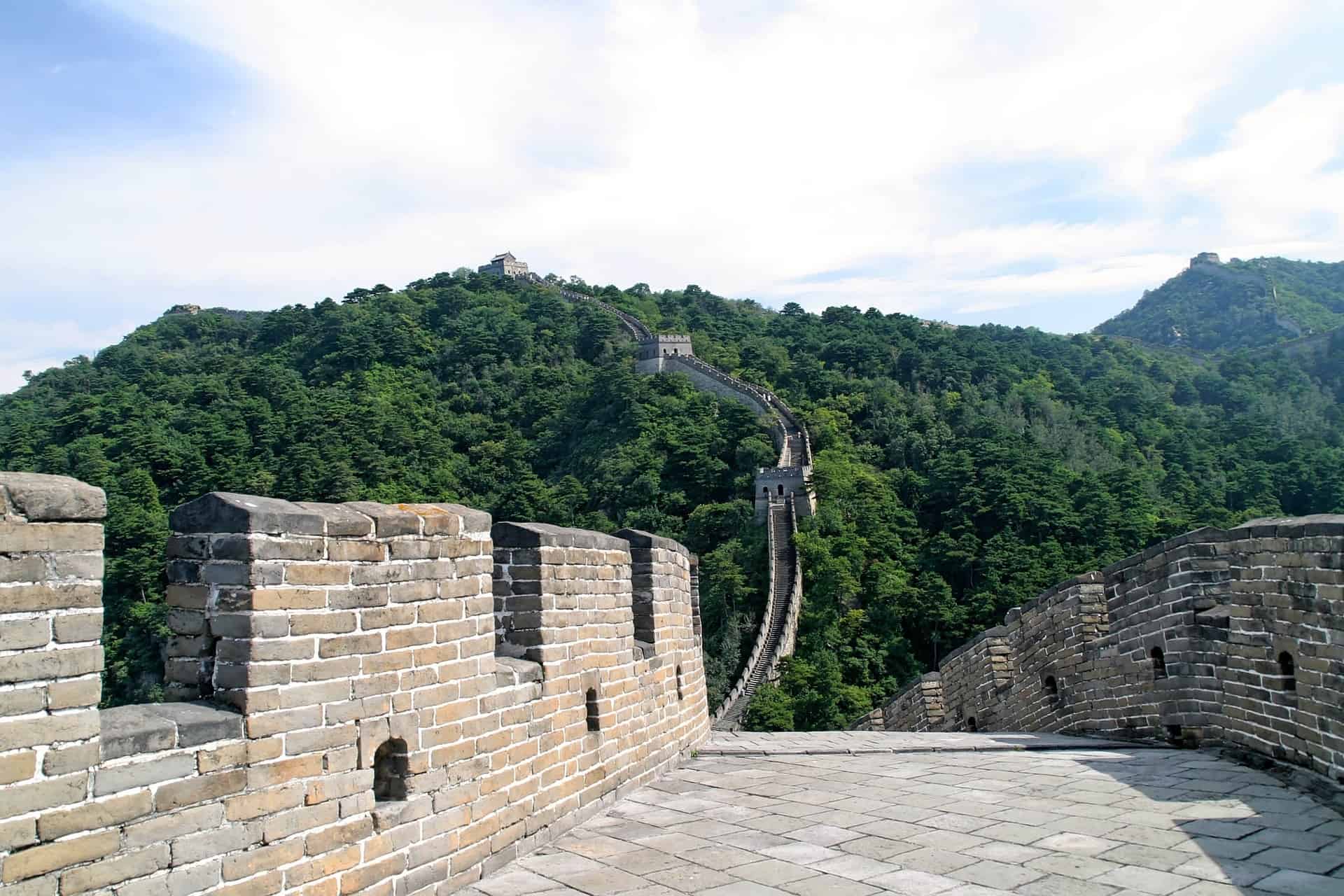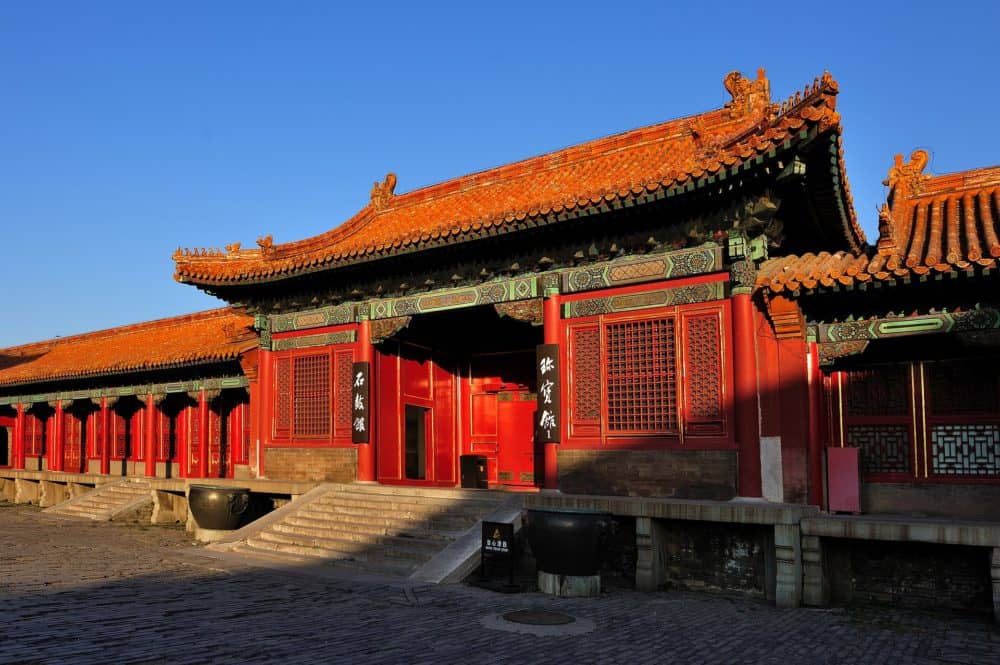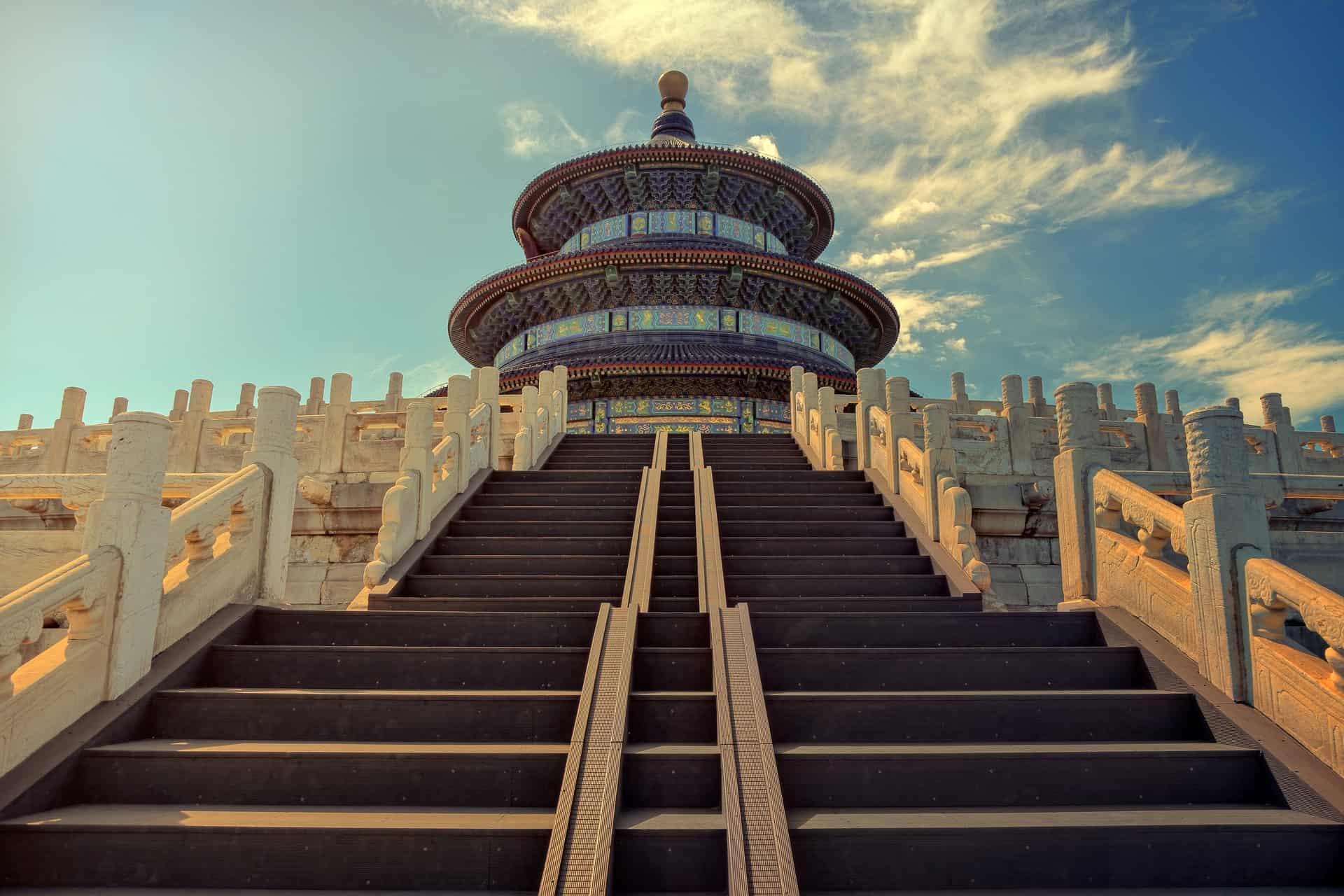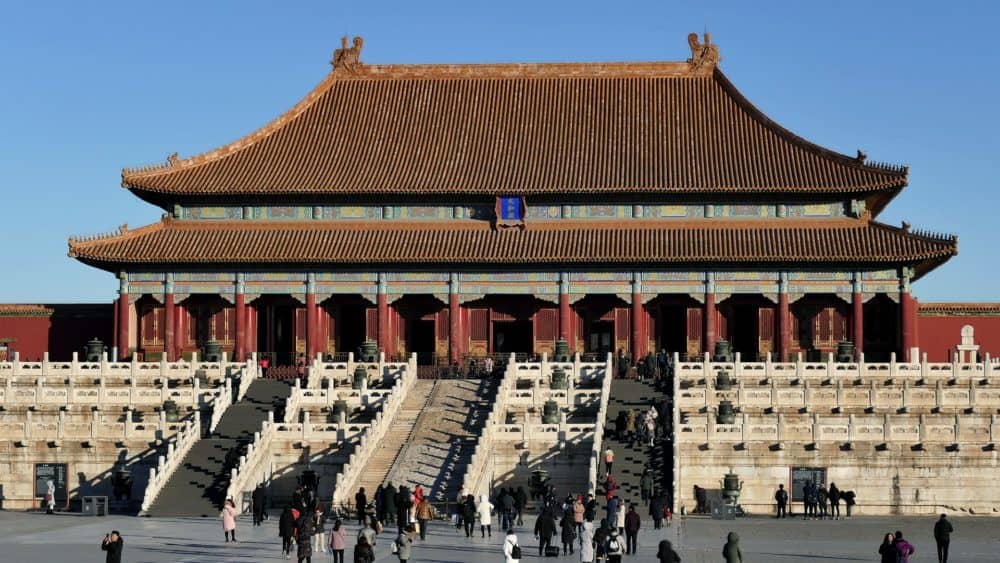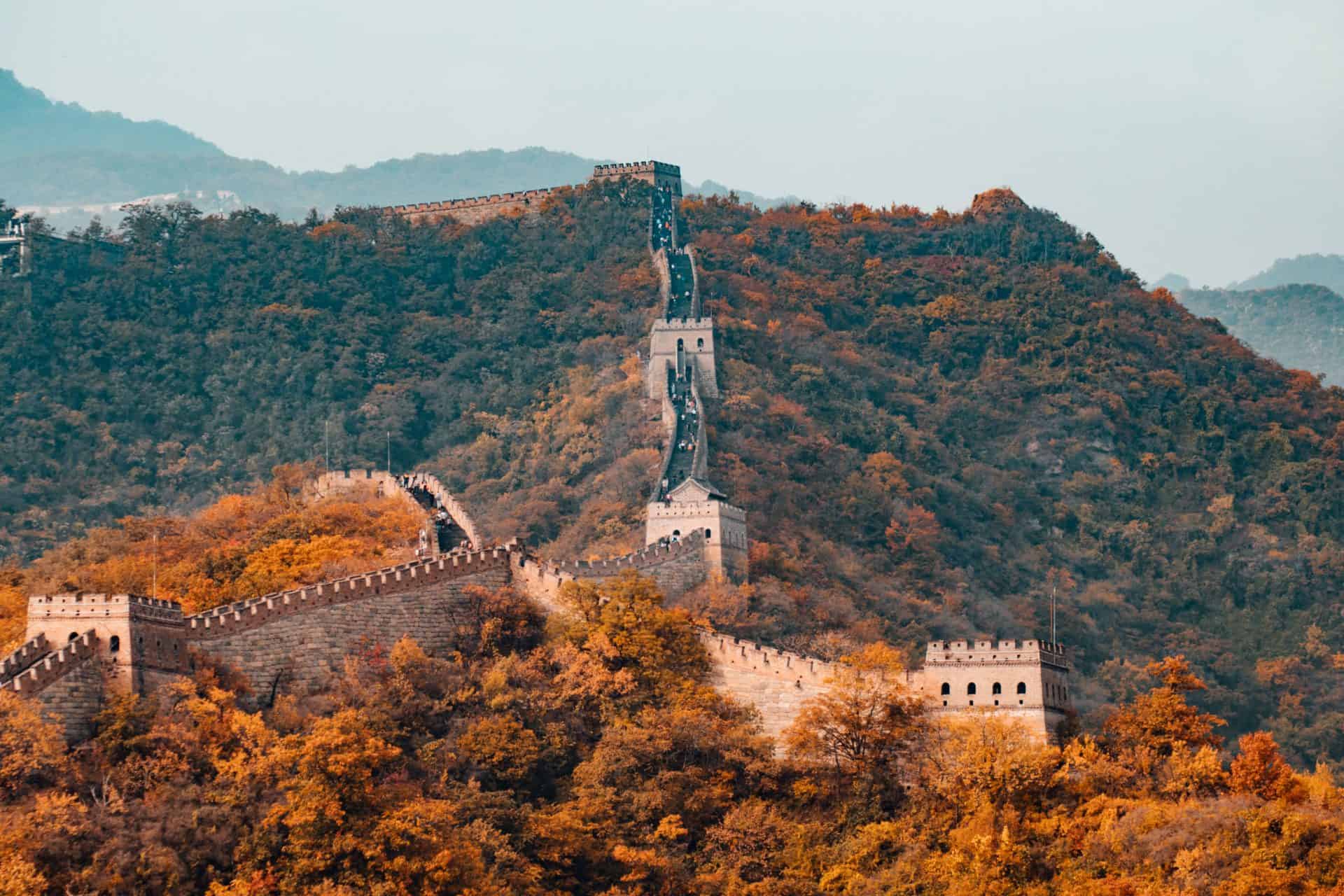
Things to do in Beijing
Discover all that Beijing has to offer
Beijing is a city like no other. A sprawling metropolis, the city is the capital of China and the most populous city in the world. With 21 million residents, Beijing is vast and busy, the city boasts some of the most impressive feats of modern architecture on the planet as well as the most advanced infrastructure and public systems. However, it’s not just Beijing’s modern developments that make it such a popular destination, the city is also home to some of the oldest and most culturally significant sites on the planet.
Whilst lacking the vibrancy of Shanghai’s gay scene, Beijing is home to a small and tight-knit gay community which has been steadily growing over recent years. An increase in the amount of well educated, affluent, and openly gay individuals in the city means that more money is making its way into the local gay scene.
Gay nightlife
Baiju is the drink of choice for the residents of Beijing. This grain-fermentation is the most popular drink in the world, outselling rum, whiskey, vodka, gin, and tequila combined, and you’ll find plenty of it in Beijing’s gay nightlife scene. The city is home to a small number of gay bars and clubs, and whilst they’re few and far between, those that do exist, offer unadulterated and judgment-free fun.
Kai Club is one of the most popular gay bars in Beijing, and this cool and edgy venue is well-known for its great atmosphere and the diverse group of guys who it attracts. Located in a chic basement setting, the club is home to a busy dancefloor as well as a seated booth area. If you’re looking to meet local gay guys, consider visiting Kai Club.
Whilst not exclusively gay, Alfa attracts a predominantly LGBT+ crowd on its weekend nights. This stylish and up-market bar is a popular spot for international visitors and you can often find a diverse group of gay guys here. Located close to the Workers Stadium, Alfa is conveniently situated within walking distance of many of the city’s gay bars and clubs.
Forbidden City
The Forbidden City is an ancient palatial complex in Beijing, serving as the home of emperors and the political center of China for hundreds of years. The Forbidden City is one of the most recognizable and culturally significant locations in the world. The 178-acre site is home to a vast array of national treasures and architectural masterpieces and today is run by the Palace Museum of dynastic art and history.
The building of this vast complex began in 1406 and took 14 years to complete, through the labor of over 1 million workers and slaves. The palace saw both the Ming and Qing dynasties, providing an opulent home to 24 emperors. The Forbidden City is massive, so one of the most efficient and popular ways to experience the sight is with one of the many guided tours that are available at the main gate, these tours are perfect for travelers wanting to take a deeper dive into the area’s fascinating history.
Read More: Discover the Forbidden City.
The Great Wall of China
One of the Seven Wonders of the World and viewable from space, the Great Wall of China is one of the most iconic structures on the planet and is an awe-inspiring destination to visit. The wall is made up of a series of fortifications that date back as far as the 7th century and were initially built to protect the republic from invasion. During the period when the Silk Road was a major trade route, the Great Wall was a vital part of the regulations on China’s imports and exports.
Beijing is the best place in China to view and experience the Great Wall and the most impressive sections are located in the suburbs of the city. Badaling is arguably the most popular and worthwhile area to visit, and the wall here has been preserved to the highest standard, with intact military facilities and stunning views. Badaling is also one of the most culturally significant locations along the wall for the residents of Beijing and becomes very busy during peak times such as National Day Holiday and Chinese New Year.
Tian’anmen Square
Tian’anmen Square is a vast and endless plain of concrete, stretching across the center of Beijing. The square was built in 1415 under the Ming dynasty and has been a focal point of the city ever since. The Square gained international infamy in 1989 when the government launched a militarized crackdown on the student protestors who were occupying the square. Whilst the Chinese government continues to claim that only 241 people lost their lives in what eventually became a government-led massacre, the true death toll is generally believed to be closer to 10,000. The brutal murders of thousands of unarmed students have left a stain on the history of Tian’anmen Square.
Nonetheless, Tian’anmen Square is one of Beijing’s most popular tourist destinations and the experience is just as fascinating and breathtaking as it is sobering and moving. The Square is an open space and there are no official entrance points, however, it should be noted that the area continues to represent political tensions in China and visitors are discouraged from wearing clothing that features political slogans or displaying anti-government sentiment.
798 Art District
Much like the art districts of many other cities across the world, Beijing’s creative community found a home for itself in the rundown and abandoned warehouses and factories of a district once reliant on manufacturing. The 798 districts began to gain prominence as the home of art and creativity in the city in the late 90s when several of Beijing’s creative institutions moved to the district and since then more and more artists have relocated to the vast warehouses of 798. The area is a fascinating place to discover, with gallery lined streets and a growing number of independent cafes and small stores.
The Beijing Queer Film Festival is also centered around the district. Founded in 2001, the festival was originally intended to provide a safe space for LGBT+ people in the city who wanted to watch films with queer storylines that were otherwise banned by Chinese censorship laws. Since its founding, the festival has grown in size and is now one of the biggest LGBT+ focused events in China.
Join the Travel Gay Newsletter
More Gay Travel News, Interviews and Features
The Best Tours In Beijing
Browse a selection of tours in Beijing from our partners with free cancellation 24 hours before your tour starts.

